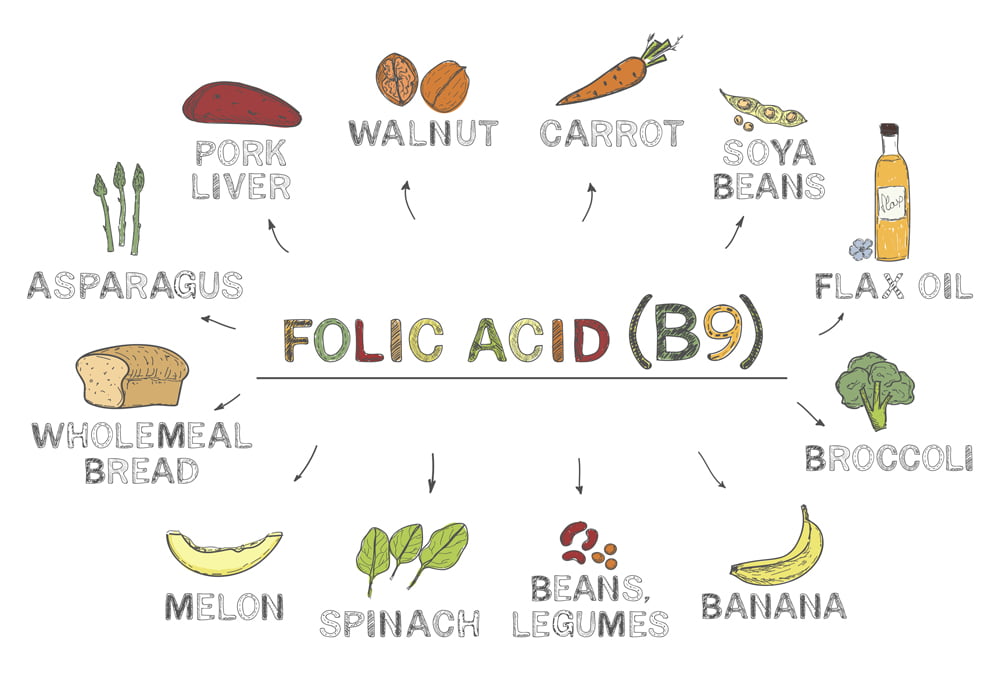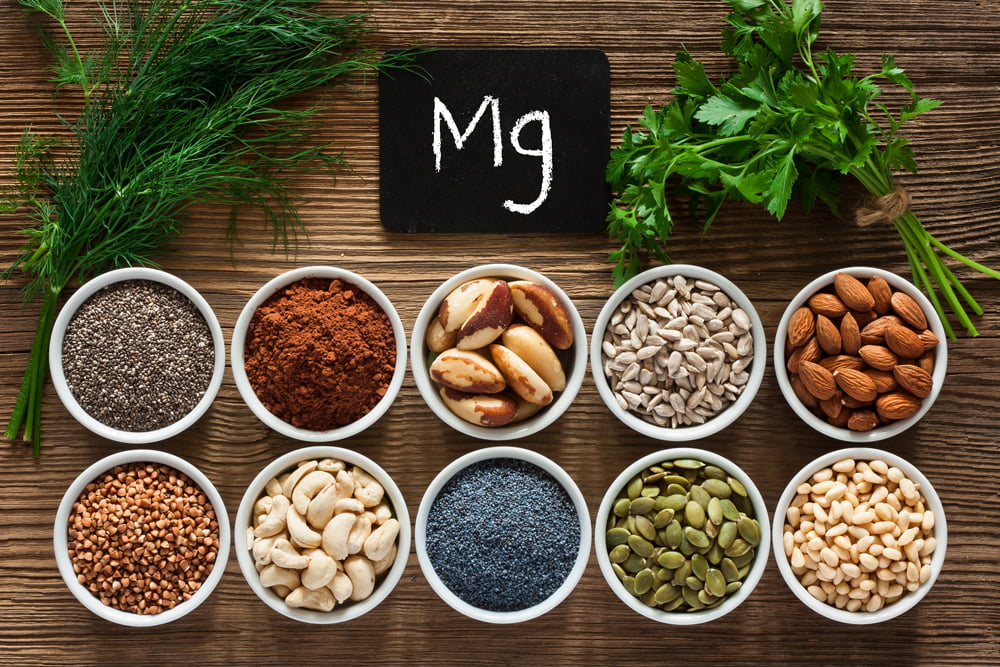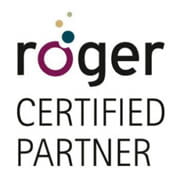According to a report from food.gov.uk, around half of UK adults are currently taking food supplements on a regular basis, while a third have taken them in the past. All of us know that Vitamin C boosts your immune system, Vitamin D strengthens your bones, and vitamin A is beneficial for your eyes. But did you know vitamins and minerals also affect your hearing?
While no supplement can fully prevent hearing loss, certain nutrients may protect your hearing and reduce the risk of worsening symptoms.
Folate/ Folic Acid
Folate (or folic acid, as it’s called in its synthetic form) helps protect against noise-induced hearing loss.
The reason behind this is the way it impacts homocysteine: an amino acid that has the ability to impair blood flow to various areas of the body, including the inner ear. Folate actively metabolises homocysteine, reducing its levels in the body and decreasing the risk of damage to your hearing system.

Iron
NCBI studies, link iron deficiency anaemia to sensorineural and combined hearing loss in adults. While the exact effect of iron on the inner ear is not completely understood, it is thought that too little iron can disrupt the function of the hair cells inside it and even destroy them.
Since damaged inner cell can’t regenerate, getting enough iron is essential for maintaining good hearing health.
Magnesium
Magnesium may help prevent noise-induced hearing loss. Studies from ncbi.nlm.nih.gov show that taking magnesium supplements can reduce hearing impairment caused by excessive noise. It has also been suggested that long-term administration of magnesium can serve as treatment after the acoustic trauma has already occurred.
It is thought that magnesium’s benefits on hearing are due to its neuro-protective and vasodilatory effects, as those prevent the disruption of blood supply to the inner ear.

Vitamins A, C, and E
Research from pubmed.ncbi.nlm.nih.gov suggests that a combination of vitamins A, C, and E may lower hearing loss risk due to their antioxidant properties.
These vitamins help reduce free radicals, which can damage inner ear cells. Supplementing them before loud noise exposure may prevent noise-induced hearing loss.
Vitamin B12
B12 deficiency is considered to cause degeneration of neurons in the cochlear nerve, leading to hearing loss, hence why the supplementation of Vitamin B12 can help in the prevention of hearing issues occurring.
It also may be possible that Vitamin B12 can help relieve symptoms of tinnitus as indicated by studies from sciencedirect.com, however there isn’t enough evidence yet to confirm this.
Vitamin D
Vitamin D has a great significance for your hearing. When a deficiency of this vitamin occurs, it could cause your bones to become weak and cease functioning properly. This can then lead to conditions such as osteoporosis, which has been shown to increase the risk of hearing loss due to impacting the auditory ossicles (the tiny bones inside the inner ear). When this happens, the way in which sound waves are moved and amplified inside the ear changes, leading to issues with sound processing.

Zinc
Many studies have demonstrated that there is a significant correlation between zinc deficiency, tinnitus, and sensorineural hearing loss.
It is thought that its antioxidant and anti-inflammatory effects may reduce the oxidative stress of the cochlea in sensorineural hearing loss. Furthermore, zinc may also modulate a certain type of receptors (called ‘glutaminergic receptors’) located in the central auditory pathway, thus resulting in a suppression of tinnitus.
Clearly, proper nutrition supports hearing health, but a balanced diet remains the best way to get essential vitamins and minerals. Supplements may be necessary for some individuals.
The best way to protect your hearing is through regular hearing tests. Early detection allows you to take action and prevent further damage, especially if you already notice symptoms.
Hear4U offer hearing assessments that are 100% free and utilise the latest technology in the field to provide us with a comprehensive analysis of your ability to hear. Click here to book your appointment with us!






